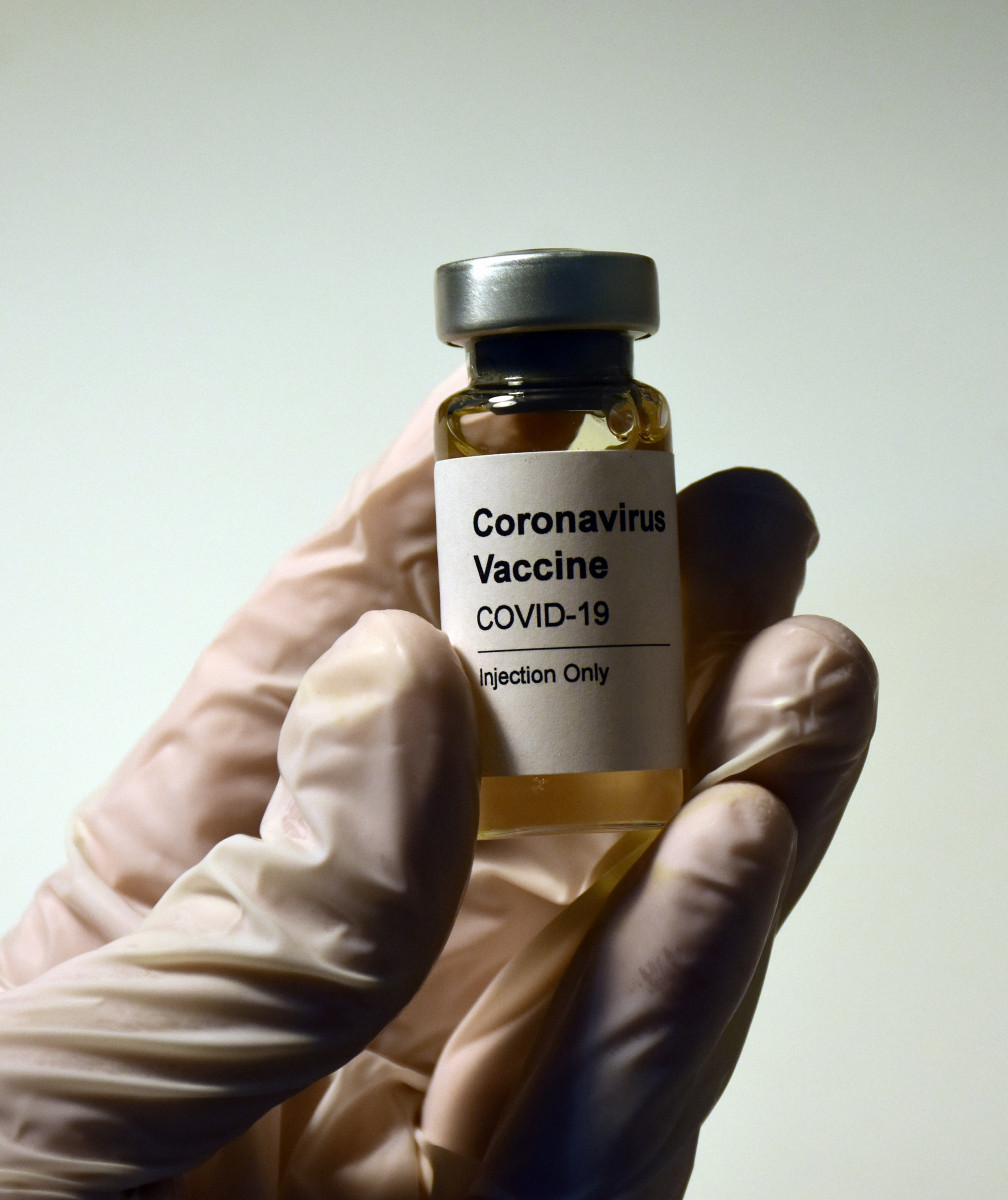ASF’s 15q Clinical Research Network Offers Q & A on COVID-19 Vaccines
Written by |

As COVID-19 vaccination programs are being rolled out across the U.S., the Angelman Syndrome Foundation’s 15q Clinical Research Network (CRN) is seeking to address questions and concerns about the vaccines from Angelman syndrome (AS) patients and caregivers.
The insight comes from clinicians and Angelman experts at the research network, formed collaboratively by the foundation and the Dup15q Alliance.
Angelman syndrome is caused by a missing or malfunctioning UBE3A gene present in the maternal 15q chromosome, and results in severe neurological impairment. Dup15q syndrome is a related developmental disorder. Patients with both disorders, like those with other medical conditions across the world, have often found their routine care disrupted in the past months by the ongoing COVID-19 pandemic.
Currently, two vaccines are authorized in the U.S. to prevent this virus. In the coming months, Angelman patients will be able to receive one of the vaccinations, which confer 90% effectiveness and are largely viewed by experts as safe for those over age 16. People with Angelman are not expected to be more affected by COVID-19 than the general population. However, seizures, which are a symptom of Angelman syndrome, may become worse if patients get a viral infection.
The CRN had asked several clinical experts across the nation to assess the prospective safety of the vaccines in the two disorders to help educate patients, families, and caregivers.
“Ultimately getting the COVID-19 vaccine will be a personal decision, but the current data suggests the risk:benefit ratio of this vaccine is highly favorable,” the 15q CRN said in its position statement.
“It is highly likely that receiving this vaccine will protect individuals from severe COVID-19 protection, and it seems prudent for use in individuals with AS/dup15q syndrome,” the statement said.
Here are some questions and answers about the vaccines:
Are the vaccines safe in AS/Dup15q syndrome patients?
After reviewing clinical trial data, the 15q Clinical Research Network determined that the vaccine is overall safe for administration in these patients.
Can COVID-19 be contracted from the vaccines?
No. Neither the Pfizer nor Moderna immunizations are live vaccines. Because both vaccines use a messenger RNA technology to induce immunity, it’s impossible to contract the infection from either vaccine.
What about side effects?
The vaccines are linked to some mild to moderate side effects that are common for all vaccines. There may be brief pain at the injection site, for example, and some patients may experience fever, chills, malaise, or headaches. Such symptoms are expected to last about 24 hours and stop on their own. The organization recommends taking over-the-counter medications such as acetaminophen (Tylenol) to help ease symptoms.
There is no evidence that these side effects will be more severe in AS/dup15q patients, or that these individuals are at risk for more severe or dangerous side effects, the 15q CRN said. In addition, the risk of seizure exacerbation in these patients is said to be low. Patients with further questions about this aspect are encouraged to speak with their neurologist.
Individuals who have allergic hypersensitivity reactions may have an allergic reaction to either of the vaccines, though neither contain egg, peanut, or shellfish. The organization recommends that patients with sensitivities discuss the issue with their care providers.
While other unexpected or more severe side effects are possible, as is the case with any vaccine, the organization suspects such cases will be rare.
Will children be vaccinated?
Current vaccine approval is for people over age 16, and of now, large trials in children have not been completed. The organization expects that children and those in their early teens will eventually be eligible for vaccination.
Should I receive the COVID-19 vaccine?
The experts said that, while the decision to receive the vaccination is personal, it is likely the vaccine will lead to immunity from COVID-19 infection.
“Since COVID-19 infection can lead to hospitalization, long-term post-infection consequences to bodily function, and death … all clinical indicators and prudence would dictate you and your loved ones should receive the vaccine to protect you from COVID-19 infection,” the organization states.
If I get the vaccine, when will things return to normal?
The vaccine should be viewed as an additive to social distancing and mask wearing. Current data show that maximum immunity will not be attained until about five or six weeks after the first vaccination or two weeks after the second one.
The organization recommends that even after receiving the vaccine, patients should continue wearing masks and practicing social distancing.





